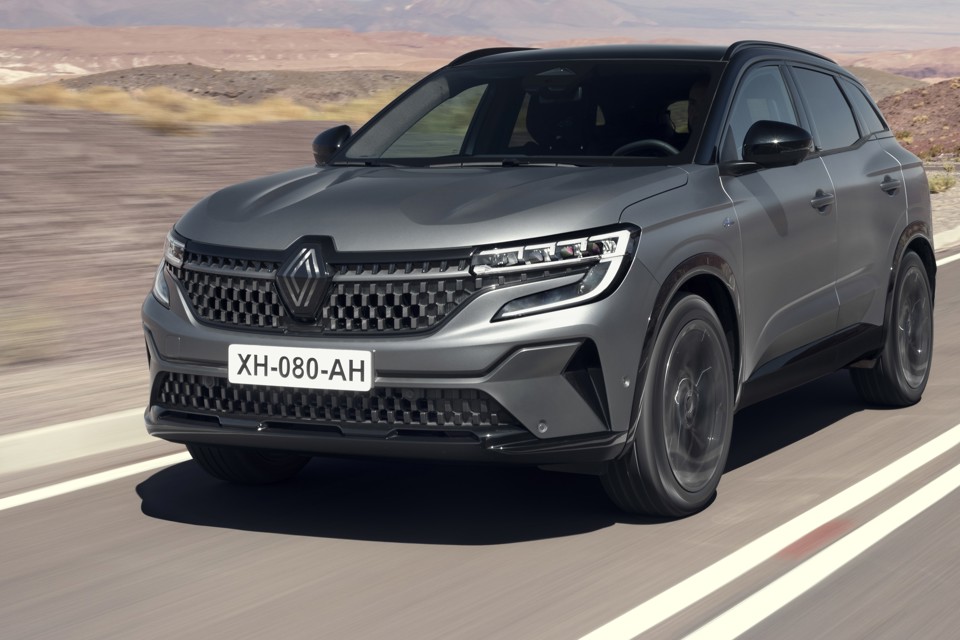Advertising watchdog ASA has taken Renault UK to task over misleading environmental claims.
It said that a paid-for meta ad for Renault seen on 1 May contained an image of the Renault Austral car with the text “Rethink hybrid we did. Up to 80% electric driving in the city. All new Renault Austral E-Tech full hybrid. WLTP test data. Actual real world driving results may vary”.
Renault explained that the headline claim was based on an internal test completed by Renault’s engineering team which aimed to replicate the Worldwide Harmonised Light Vehicle Test Procedure (WLTP) testing.
WLTP testing is the global standard for determining the levels of pollutants, CO2 emissions and fuel consumption of traditional and hybrid cars, as well as determining the mileage range for fully electric cars.
Renault said it had repeated the test four times in 23°C external temperature on road conditions. In the four iterations of the test, the engine driving ranged between 8% and 22%, and pure EV driving ranged between 78% and 92%.
In its defence, Renault UK explained that it had a rigorous approval process whereby ads were reviewed by numerous departments, including the legal department, before they were published. However, it said that this ad had been posted in error and admitted that the qualifying text which stated “WLTP test data. Actual real world driving results may vary”, should have stated “Actual real world driving results may vary. Internal Renault source 2022”.
ASA said the CAP Code stated that before distributing or submitting a marketing communication for publication, marketers must hold documentary evidence to prove claims that consumers are likely to regard as objective and that are capable being substantiated. It also stated that ads must not mislead by hiding material information or presenting it in an unclear, unintelligible, ambiguous or untimely manner and that the basis of environmental claims must be clear.
The ASA said that in using specific reference to “WLTP test data” consumers would be likely to understand that the testing had been carried out by an independent body, which was not the case.
The ASA added that the ad was also misleading because the basis of the claim “Up to 80% electric driving in the city” was unclear.
“Irrespective of the qualifying text error, the ad was headlined “Rethink hybrid we did. Up to 80% electric driving in the city'," it added. “However, other than to know the claim was based on test data, it was unclear on what the 80% was based. For example, there were numerous possible interpretations of the claim, including that it reflected the proportion of an individual journey, regardless of distance, that the vehicle was able to cover without having recourse to using petrol or diesel. Another possible interpretation of the claim was that up to 80% of the total number of journeys was covered by the electric source, even if some individual journeys used more than 20% petrol or diesel.”
ASA told Renault UK to ensure that ads included all material information needed for consumers to understand their message and reminded them that the basis of environmental claims must be clear.















Login to comment
Comments
No comments have been made yet.